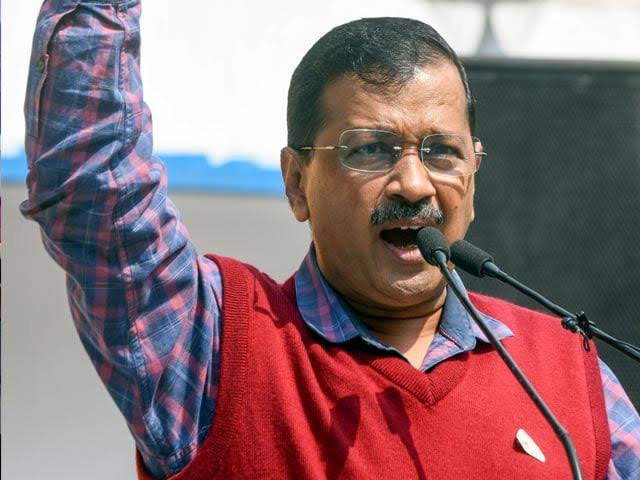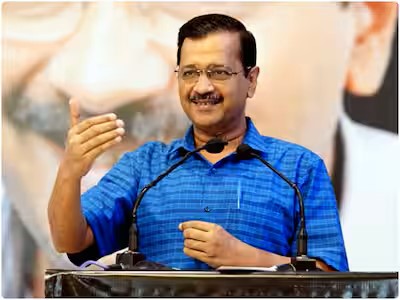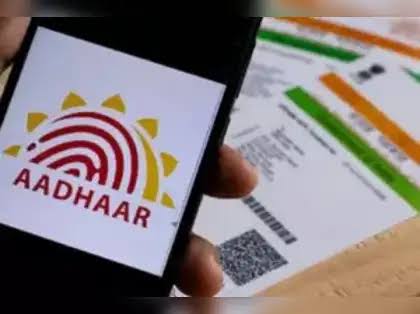In a significant ruling on Friday afternoon, the Supreme Court granted interim bail to Delhi Chief Minister Arvind Kejriwal until June 1, coinciding with the final phase of voting in the 2024 Lok Sabha election. Kejriwal, who was arrested by the Enforcement Directorate on March 21 in connection with the alleged Delhi liquor excise policy scam, is currently held in Tihar Jail.
 The court mandated Kejriwal to surrender to prison officials by June 2. Requests to extend bail beyond that date will be heard next week, as Kejriwal’s legal team had sought bail until July, to cover the election period and the formation of the new government.
The court mandated Kejriwal to surrender to prison officials by June 2. Requests to extend bail beyond that date will be heard next week, as Kejriwal’s legal team had sought bail until July, to cover the election period and the formation of the new government.
In granting Kejriwal interim bail, the court rejected concerns about the length of the release period, stating that a span of 21 days would not significantly affect the case. The court had recognized Kejriwal as the elected Chief Minister of Delhi and not a “habitual offender” during Tuesday’s hearing.
The two-judge bench, comprising Justice Sanjiv Khanna and Justice Dipankar Datta, outlined bail conditions similar to those set for Rajya Sabha MP Sanjay Singh, Kejriwal’s colleague, who was also arrested in the same case and later granted bail in April.
The bail conditions include prohibitions on Kejriwal visiting his office or the Delhi Secretariat, interacting with witnesses, or making comments regarding his role in the case. He must also furnish bail bonds worth ₹50,000 with a similar surety.
Upon his release, Kejriwal is expected to participate in political activities, including campaigning for his AAP party ahead of the elections for Delhi’s seven Lok Sabha seats.
The decision to grant Kejriwal bail has been welcomed by the opposition, including members of the INDIA bloc, of which the AAP is a member. Support for Kejriwal’s release also came from parties such as the Samajwadi Party and Congress, as well as Trinamool Congress leader and Bengal Chief Minister Mamata Banerjee.
On Thursday, the Enforcement Directorate opposed the grant of bail, arguing that no politician is entitled to special treatment and that granting Kejriwal bail to campaign would set a problematic precedent. Nonetheless, the court recognized the need to consider the exceptional circumstances of the case.
The alleged Delhi liquor policy scam involves claims that the AAP government benefited from kickbacks amounting to ₹100 crores for license allotment, which were used to fund its political campaigns. Kejriwal and his party have consistently denied these allegations, attributing them to false accusations by the BJP in an attempt to undermine the party and its leaders before the election.



